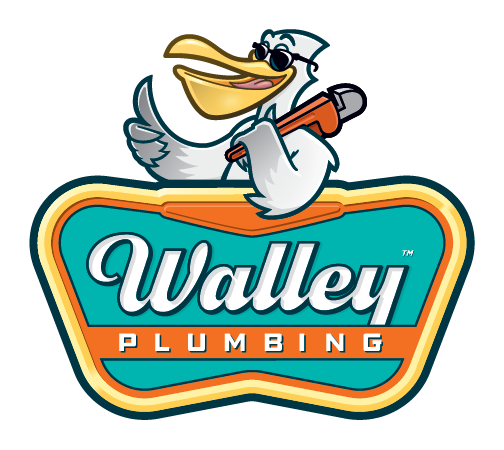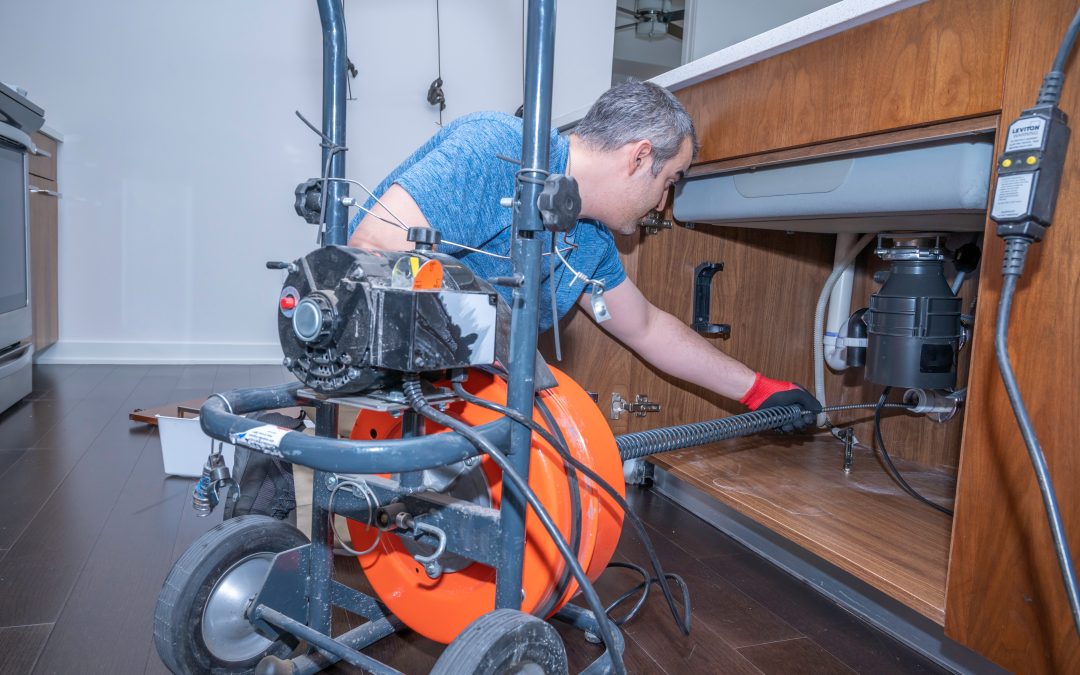5 Common Causes of Clogged Drains and How to Prevent Them
In the realm of household nuisances, few things are as frustrating as a clogged drain. Whether it’s the kitchen sink backing up with murky water or the shower drain struggling to whisk away soap suds, dealing with clogs is an inevitable part of homeownership. However, understanding the common culprits behind these blockages and implementing preventive measures can save you from the hassle and expense of frequent plumbing emergencies. In this comprehensive guide brought to you by Walley Plumbing Company, we’ll delve into the five most prevalent causes of clogged drains and provide practical tips to keep your pipes flowing smoothly.
- Hair Buildup in Bathroom Drains
Bathroom drains are particularly susceptible to clogs due to the accumulation of hair, soap scum, and other debris. Over time, strands of hair can clump together, forming dense blockages that impede water flow and create foul odors. To prevent hair buildup in your bathroom drains:
- Install drain screens or hair catchers to trap hair before it enters the pipes.
- Clean the drain screens regularly by removing trapped hair and debris.
- Use a drain snake or plumbing auger to remove stubborn clogs.
- Consider using enzyme-based drain cleaners to break down organic matter and prevent future blockages.
By adopting these preventive measures, you can minimize the risk of hair-related clogs and keep your bathroom drains running smoothly.
- Grease and Food Waste in Kitchen Drains
The kitchen sink is another notorious hotspot for drain clogs, primarily due to the disposal of grease, oil, and food scraps. When poured down the drain, grease can solidify and adhere to the interior walls of the pipes, creating stubborn blockages that are difficult to remove. To prevent grease and food-related clogs in your kitchen drains:
- Avoid pouring grease, oil, or fat down the drain. Instead, collect them in a container and dispose of them in the trash.
- Scrape food scraps and leftover grease into the trash before washing dishes.
- Use a sink strainer to catch food particles and prevent them from entering the drain.
- Run hot water down the drain periodically to help flush away grease buildup.
- Schedule regular professional drain cleaning services to remove accumulated grease and debris from your pipes.
By adopting these simple habits, you can protect your kitchen drains from stubborn clogs and maintain a clean and hygienic environment.
- Soap Scum and Mineral Deposits in Shower Drains
Shower drains are prone to clogs caused by the accumulation of soap scum, shampoo residue, and mineral deposits from hard water. Over time, these substances can coat the interior of the drain pipes, narrowing the passage and impeding water flow. To prevent soap scum and mineral-related clogs in your shower drains:
- Install a shower drain hair catcher to trap hair and prevent it from combining with soap scum.
- Clean the shower drain regularly using a mixture of vinegar and baking soda to dissolve soap scum and mineral deposits.
- Use a drain snake or plumbing auger to remove stubborn clogs caused by soap scum buildup.
- Consider installing a water softener to reduce the mineral content of your water and prevent scale buildup in your pipes.
By incorporating these preventive measures into your bathroom cleaning routine, you can keep your shower drains clear and free-flowing.
- Foreign Objects and Non-Flushable Items
One of the most common causes of drain clogs is the inadvertent introduction of foreign objects and non-flushable items into the plumbing system. From children’s toys and toiletry products to hygiene wipes and cotton swabs, many items can wreak havoc on your drains if flushed down the toilet or washed down the sink. To prevent clogs caused by foreign objects:
- Educate household members about the importance of proper waste disposal and the hazards of flushing non-flushable items down the toilet.
- Keep toilet lids closed to prevent children and pets from accidentally dropping objects into the bowl.
- Dispose of hygiene wipes, cotton balls, and other non-flushable items in the trash rather than flushing them down the toilet.
- Place a trash bin near the toilet to encourage proper disposal of sanitary products and other non-flushable items.
By maintaining vigilance and enforcing proper waste disposal practices, you can reduce the risk of drain clogs caused by foreign objects.
- Tree Roots and Outdoor Debris
In addition to internal factors, external elements such as tree roots and outdoor debris can also contribute to drain clogs, particularly in underground sewer lines and outdoor drainage systems. Tree roots are attracted to sources of moisture and nutrients, making underground pipes an ideal target for infiltration. To prevent tree roots and outdoor debris from causing drain clogs:
- Plant trees and shrubs away from underground sewer lines and drainage systems to minimize the risk of root intrusion.
- Regularly inspect outdoor drainage systems for signs of debris buildup and remove any obstructions promptly.
- Install root barriers or chemical treatments to deter tree roots from infiltrating your underground pipes.
- Schedule periodic professional inspections of your sewer lines and drainage systems to detect and address potential issues before they escalate.
By taking proactive measures to protect your outdoor drainage systems from tree roots and debris, you can mitigate the risk of drain clogs and maintain the integrity of your plumbing infrastructure.
In conclusion, clogged drains are a common household problem that can lead to inconvenience, water damage, and costly repairs if left unaddressed. By understanding the common causes of drain clogs and implementing preventive measures, you can minimize the risk of plumbing emergencies and keep your pipes flowing smoothly. Whether it’s hair buildup in bathroom drains, grease and food waste in kitchen drains, soap scum and mineral deposits in shower drains, foreign objects and non-flushable items, or tree roots and outdoor debris, there are steps you can take to safeguard your plumbing system and enjoy a clog-free home. Remember, prevention is always better than cure when it comes to maintaining your drains and preserving the functionality of your plumbing infrastructure.
For professional drain cleaning services and expert plumbing advice, trust Walley Plumbing Company to keep your pipes clear and your home plumbing systems in optimal condition. Contact us today to schedule an appointment or learn more about our comprehensive plumbing services.

